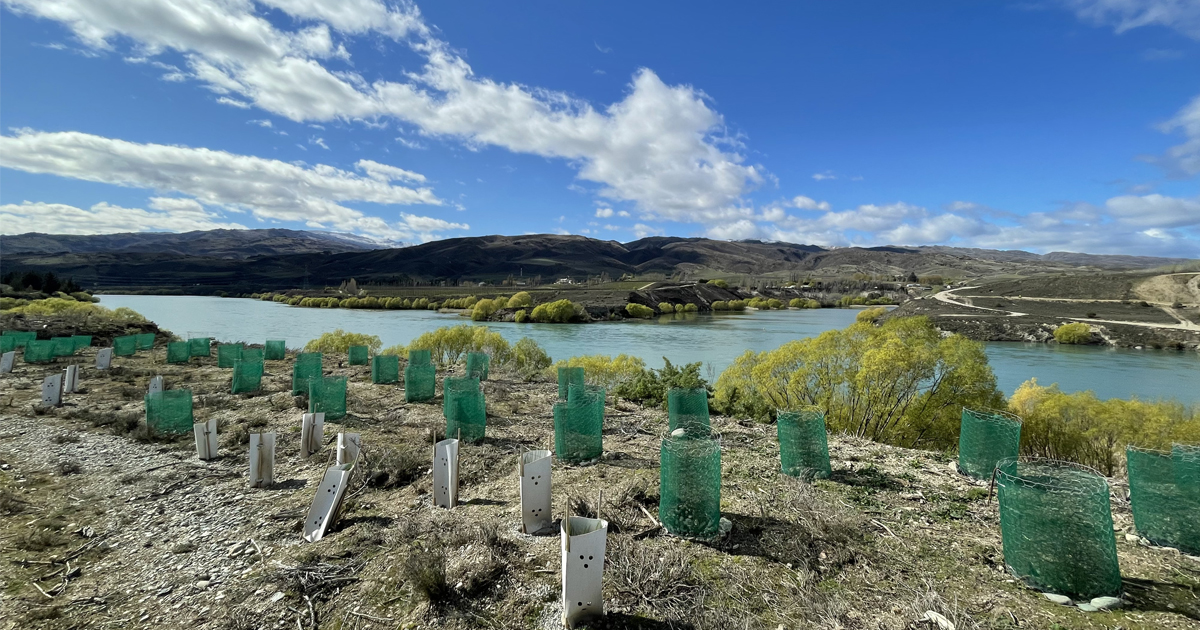Background to grants, since starting mid-2018
For 2024, a total 33 environmental projects across Otago were granted a total $854,733 from the annual ECO Fund and Incentives Funding programmes.
Including last year’s 33 recipients, total funds dispersed since mid-2018 is $2.58 million.
Of about $918,000 available last year, a total 65 applicants were initially seeking $2.7 million – about three times oversubscribed — with the 33 successful applicants sharing a total $854,733.
2024 dispersals at a glance
ECO Fund — 10 project recommendations totalling $314,454. Projects include in Dunedin, Central Otago, North Otago, and Upper Lakes.
Incentives Funding — sustained rabbit management, six projects totalling $100,000. Projects include Dunedin, Wanaka, South Otago, and wider Central Otago.
Incentives Funding — native planting after plant pest removal, four projects totalling $35,171. Projects include in Ōamaru, Hāwea, and Central Otago.
Incentives Funding — native plant for water quality, two project recommendations for $11,675. Projects are in North Otago and Wānaka.
Incentives Funding — biodiversity enhancement on protected private land, eight project recommendations totalling $93,433. Projects include in Queenstown, Wānaka, Dunedin and coastal Otago.
Large-scale biodiversity — three project recommendations totalling $300,000. Projects include Upper Lakes, Dunedin and the Catlins.
The process
ECO Fund applications this year close on 31 March.
A staff panel will then review eligibility and score the applications before the Assessment Panel, made up of three ORC Councillors and one mana whenua representative, undertakes their review and scoring.
This panel will next recommend shortlisted applicants at a full Council meeting, which Councillors will vote on.

 1 March 2025: ECO Fund round opens
1 March 2025: ECO Fund round opens 31 March 2025: ECO Fund round closes
31 March 2025: ECO Fund round closes April – May 2025: Applications are reviewed
April – May 2025: Applications are reviewed June 2025: Applicants are notified of our decision
June 2025: Applicants are notified of our decision

